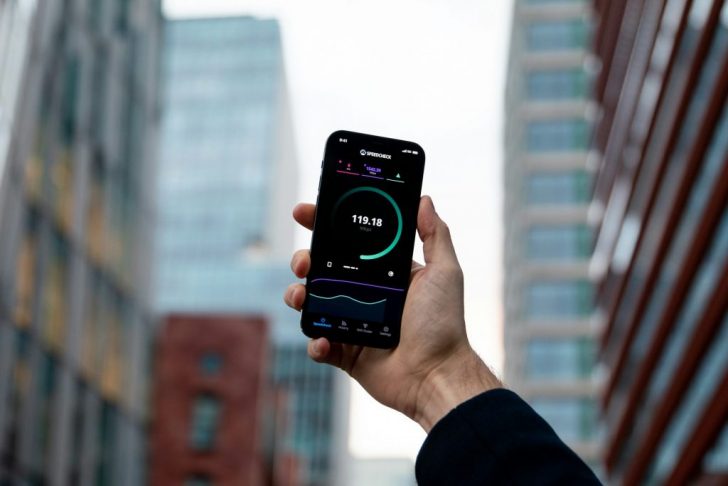Is 5G dangerous? It is a question that is on the minds of many as this new technology rolls out worldwide. From faster internet speeds to enhanced connectivity, 5G promises to revolutionize the way we live. But with these benefits come concerns. Are these worries founded in fact, or are they simply the result of fear of the unknown?
Let’s go ahead and explore what experts have to say about the speculated ‘dangers’ of 5G.
What is 5G?
To understand whether 5G is dangerous or not, we first need to know what it is. 5G stands for fifth-generation wireless technology. It is designed to provide faster data speeds, lower latency, and more reliable connections than its predecessors. This means quicker downloads, smoother streaming, and the ability to connect more devices simultaneously.

5G operates on higher frequency bands compared to 4G, using millimeter waves. These waves have shorter wavelengths and can carry more data. But they also travel shorter distances and are more easily blocked by obstacles like buildings and trees. To overcome this, 5G networks use a dense array of small cell sites placed closer together.
Growing Health Concerns Surrounding 5G
The main concern people have about 5G is its potential impact on health. Some worry that the higher frequency radio waves used by 5G could be harmful. The term “radiation” often brings to mind harmful effects. But it is important to distinguish between ionizing and non-ionizing radiation. 5G falls into the non-ionizing category, meaning it lacks the energy to remove tightly bound electrons from atoms or molecules.
Despite this, there are fears about long-term exposure. Critics point to studies that suggest a possible link between radiofrequency radiation and health issues like cancer. However, these studies often have limitations, such as small sample sizes or inconsistent findings. This leaves many questions unanswered.
Is 5G Dangerous?
So, is 5G dangerous? According to the World Health Organization (WHO) and the U.S. Food and Drug Administration (FDA), the answer is no. Both organizations have reviewed the available scientific evidence and concluded that 5G is safe. The WHO states that no adverse health effects have been causally linked to exposure to wireless technologies.

The FDA also reassures the public, noting that current exposure limits for radiofrequency energy are set to ensure safety.
These limits are based on the lowest exposure level that has been shown to cause harm, with a significant margin of safety built-in. Therefore, everyday exposure to 5G should not pose a health risk.
The Role of Scientific Studies is Inevitable
Many studies have been conducted on the health effects of radiofrequency radiation, including those frequencies used by 5G. Most of these studies have not found a consistent link between exposure and health problems. However, the quality and methodologies of these studies vary, and some have found weak associations that need further investigation.

However, it is important to rely on high-quality, peer-reviewed studies and expert reviews rather than sensationalized media reports.
Addressing Public Concerns and Speculations Over 5G
Public concern about 5G often stems from a lack of understanding and the spread of misinformation. It is easy to get caught up in alarmist headlines. But it is crucial to consider the sources of information. Misinformation can spread quickly, especially on social media, leading to widespread fear and confusion.
Experts recommend staying informed through reputable sources like the WHO, FDA, and other health agencies to combat this. These organizations provide evidence-based information and updates on the safety of 5G and other technologies.




